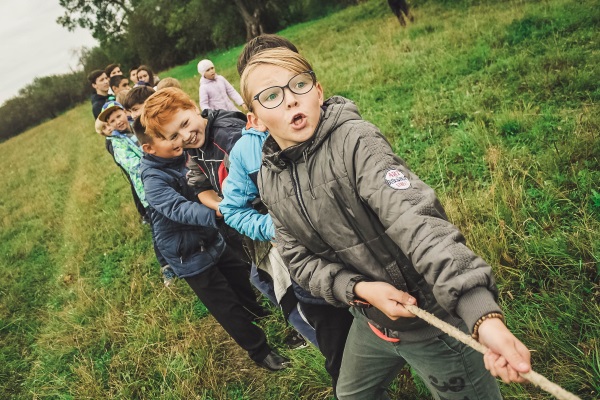As parents, caregivers, and teachers, it is not only important that we encourage and help our children achieve in academics, but also teach them the skills to grow into strong, respectful, successful adults.
Here are 5 important non-academic skills I’ve taught my own son to adapt in his daily life.

1. Character
Building character is absolutely vital for our kids to mature into young adults whose integrity make them shine. Help your children develop in the areas of confidence, self control, honesty, courage, respect for themselves and others, humility, and love. They learn this best by your example, encouragement, praise and feedback!
2. Emotional Skills
Teach kids how to take responsibility for their OWN thoughts and actions, as well as how to address another person’s needs – without sacrificing their personal boundaries.
Encouraging your child to accept his emotions including anger, sadness, disappointment, and frustration as normal, will help him respond to these feelings in a healthier, more confident manner.
Children need to learn how to interact with others from a place of respect; both for themselves and others. Respect for others results in kindness. Respect for self results in self-worth.
Help your child understand that happiness is a personal choice and they have the power to create and maintain happiness within. When people tie their happiness to something outside themselves, they become dependent on those things to dictate their mood.
3. Growth Mindset
It is important for our children to understand that they are constantly growing and learning and that each experience is a chance to improve! This will help them accept mistakes and failures in a healthier manner because they will have a firm understanding that a mess up does not define them, nor is it the end of the world – but a chance to learn and do even better next time!
4. Courage and Resolve
Teach children that while life isn’t always easy, they have the knowledge, skills, resources, and support to get them through anything. Show kids that mistakes and failures are not absolute, and there is always another way to succeed as long as they keep learning, improving, and trying. Help them discover healthy ways to cope with rejection, failure, disappointment, and stress, as well as the understanding that to actually achieve a goal, the must show up AND work.
5. Soft Skills
These are everyday skills developed over a lifetime that includes everything from basic manners and social skills, to problem solving and time management. They enable an individual to communicate clearly, think strategically, make decisions, solve problems, and network. Young people with these skills are more likely to perform better in school as well as in the workforce.
Involvement in activities such as clubs, sports, and volunteer work where kids learn teamwork, decision-making, and the importance of working together towards a common goal, as well as volunteer work, offers tremendous opportunities to learn these skills!
